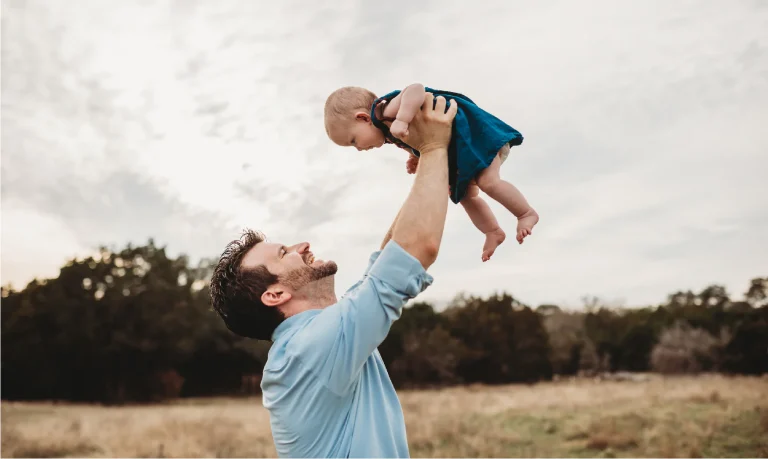Fatherhood is a profound and transformative journey that extends far beyond simply being a biological parent. It encompasses a multitude of roles – protector, provider, teacher, mentor, and above all, a source of unconditional love. The modern father is increasingly recognized for their active involvement in all aspects of their child’s life, from the earliest moments of caregiving to navigating the complexities of adolescence and beyond.
The role of a father has undergone significant evolution over time. While traditional models often emphasized the father as the primary breadwinner and disciplinarian, contemporary fatherhood embraces emotional availability, shared parenting responsibilities, and a deep connection with their children. Fathers today are more likely to be present at births, actively participate in feeding and diapering, and engage in meaningful play and conversations with their children.
The impact of a father’s presence and involvement on a child’s development is undeniable. Children with actively involved fathers tend to have higher self-esteem, better academic performance, stronger social skills, and fewer behavioral problems. Fathers provide a unique perspective and contribute to a child’s understanding of the world through their guidance, encouragement, and the values they instill. They offer a different kind of support and play compared to mothers, often fostering independence, risk-taking (within safe boundaries), and problem-solving skills.
However, fatherhood is not without its challenges. Balancing work responsibilities with family life, navigating co-parenting relationships, and adapting to the ever-changing needs of their children can be demanding. Yet, the rewards of fatherhood are immeasurable. Witnessing a child’s first steps, hearing their laughter, offering comfort during difficult times, and celebrating their achievements create a bond that is both deeply fulfilling and enduring.
Ultimately, fatherhood is a continuous journey of learning and growth. It requires patience, empathy, and a willingness to adapt. It is about being present, both physically and emotionally, and nurturing a child’s potential to become a confident, compassionate, and well-rounded individual. The love and guidance of a father shape not only the lives of their children but also contribute to the fabric of society as a whole.



